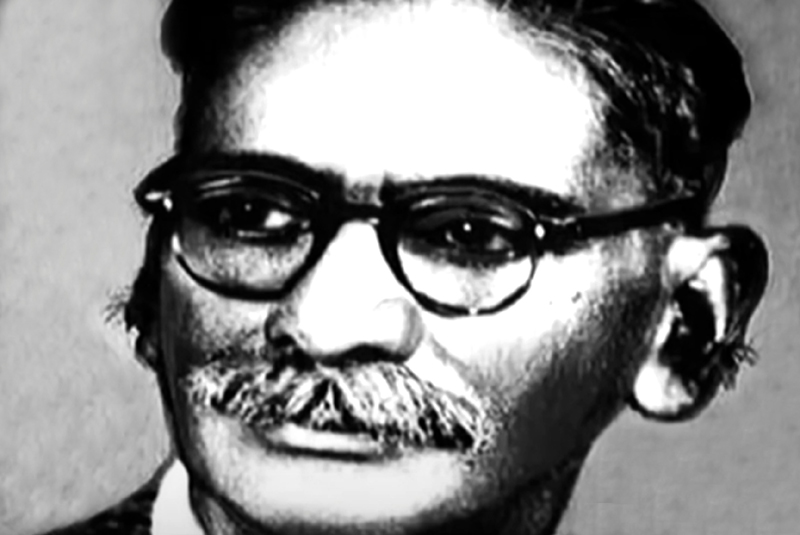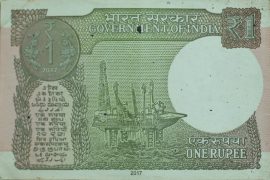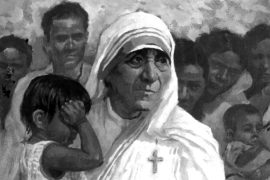The Mahmud of Ghazni was the first king to take the title of Sultan when he ascended the throne. His empire extended from Persia to Southern Gujarat. A patron of poetry, the Sultan encouraged poets in his court; one of the poets in his court was called Firdousi.
As the story goes, the Sultan commissioned Firdousi to write a book, promising to pay thousand gold coins for every thousand couplets. The book–known as Shahnameh, meaning Book of Kings–documents the history of Persia from mythological times to when the Arab traders invaded in the seventh century AD.
Firdousi spent over ten years, working night and day, to complete his masterpiece. But finally, when Firdousi presented it to the king’s court, the Sultan, who believed rumours spread by other court poets, reneged on his promise of giving gold. Instead, he paid Firdousi 60,000 silver coins. Deeply hurt by the insult, Firdousi committed suicide by hanging himself.
This story, though popular in India, may not be true. It could be a fictitious account, stuff of legends.
-30-
Copyright©Madras Courier, All Rights Reserved. You may share using our article tools. Please don't cut articles from madrascourier.com and redistribute by email, post to the web, mobile phone or social media.Please send in your feed back and comments to editor@madrascourier.com











